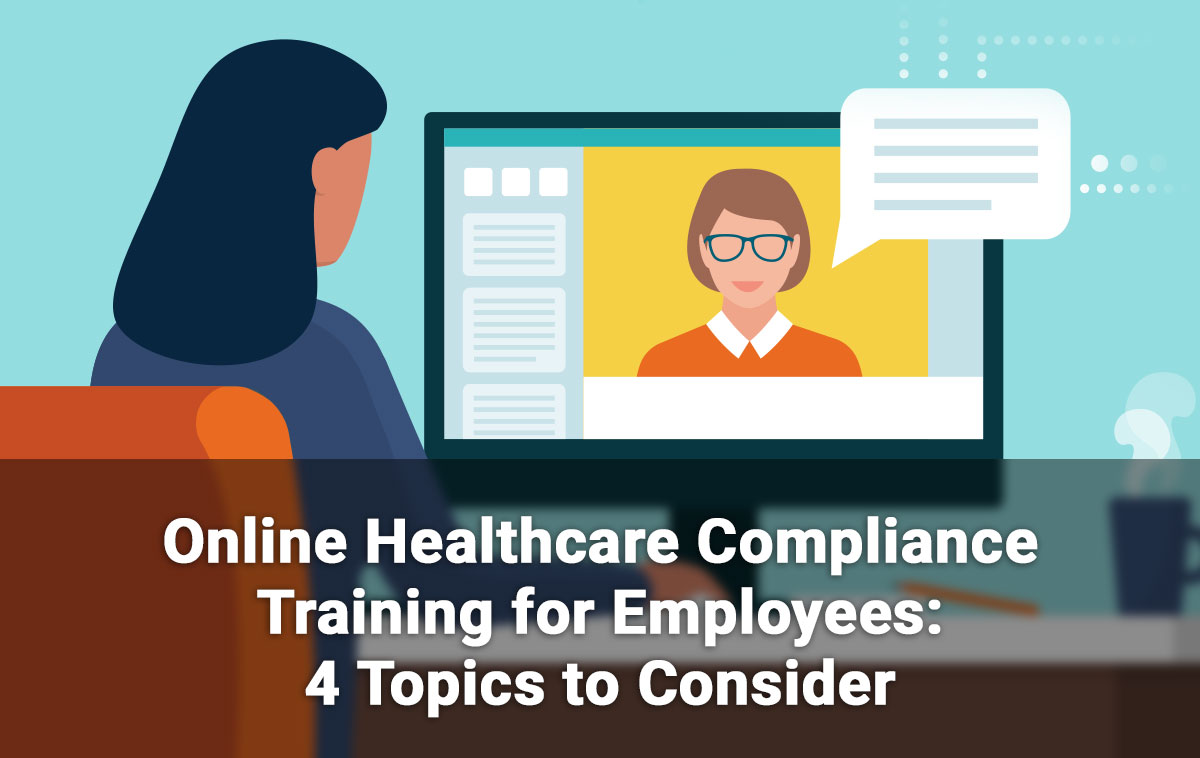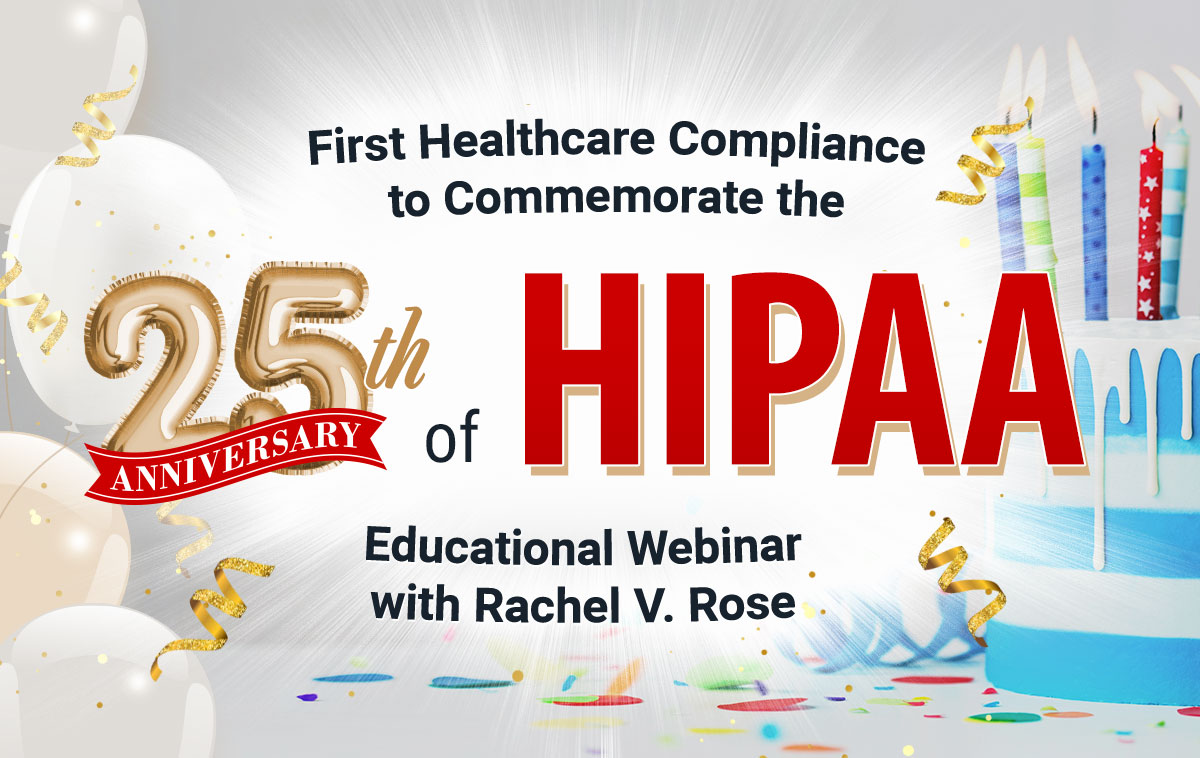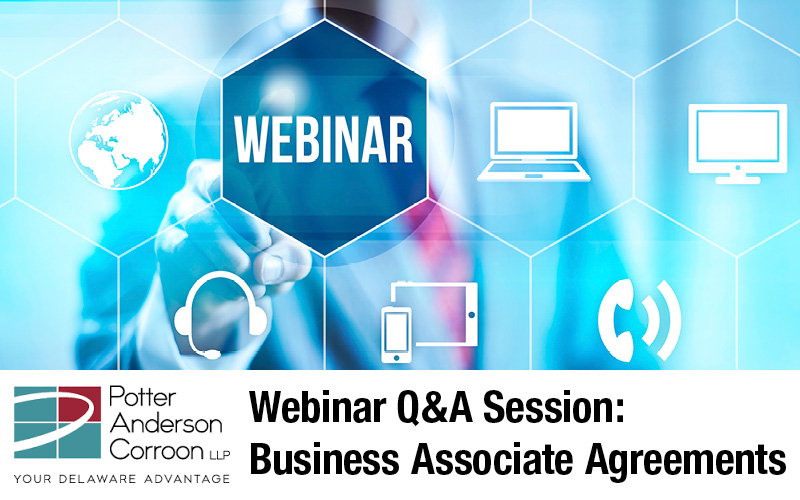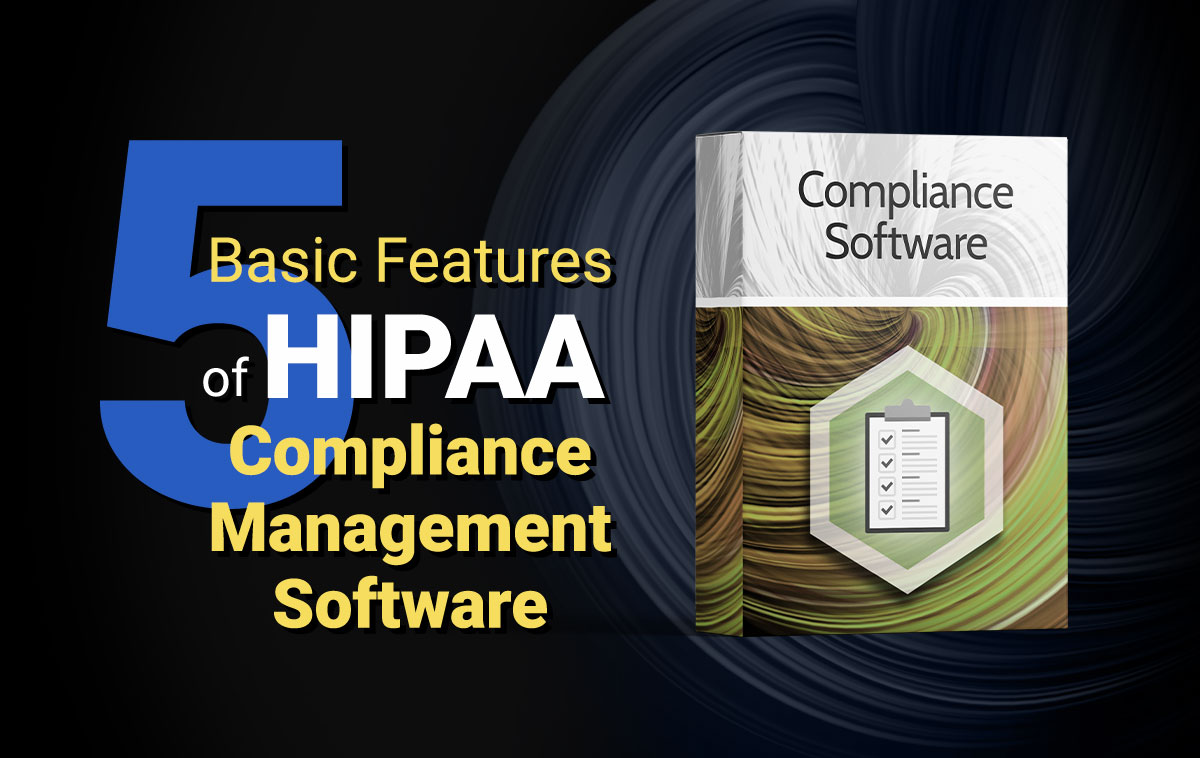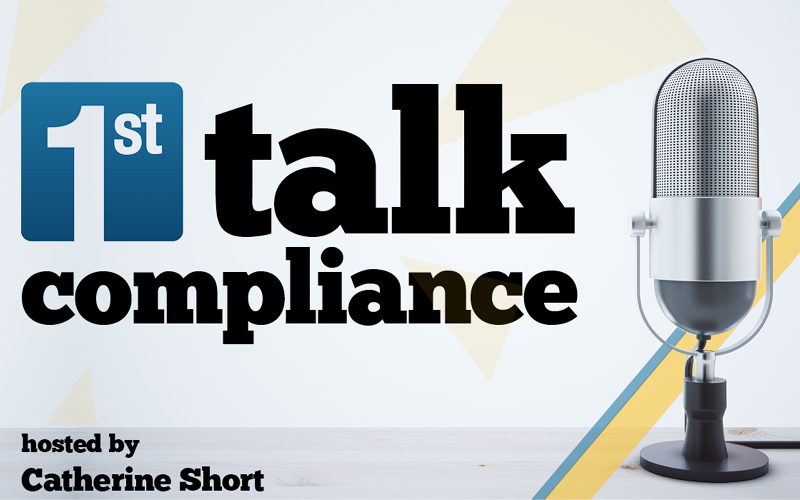Demonstrating the ROI of HR for your Business
Warren Cook BS, MBA, MS, SHRM-certified of SymbianceHR will be presenting the webinar Risk Management of Employment Practices, now on YouTube.
Here he discusses the ROI of human resources compliance:
Historically, HR was viewed as an expense center, and in recent years HR is beginning to be viewed as a valued strategic partner to the business. What has driven this movement?
More effective demonstration, articulation, and identification of the ROI and value of HR to the business.
What are some of the ways in which HR produces ROI for a healthcare facility?
Here are four (4) areas where HR demonstrates direct impact of the ROI for the practice: (1) supporting sustainable growth and profitability of the practice; (2) minimizing and mitigating employment practices risk and liability; (3) enhancing workforce productivity in the delivery of patient services; and (4) contributing to talent acquisition practices and workforce retention.
Can you provide an example for each of these areas?
Certainly. (1) Selection of efficient cost-effective programs and technology for talent acquisition, and benefits administration. Management training to improve performance management, vendor management for cost containment, benefit design for retention of good talent, etc. (2) Establishing and promulgating policies and procedures that protect the practice, the physicians, and the staff. (3) Onboarding and training programs to enhance time to efficiency of new hires, succession planning to have the right individuals in the right roles, health and wellness programs to reduce absenteeism, flexible work programs to increase engagement and job satisfaction. (4) Designing appropriate candidate sourcing strategies, outreach programs, efficient applicant tracking system, and training managers on hiring best practices. Training and counsel to managers on performance management, professional development, and employee relations increases an organization’s capability to retain staff. (5) Customer service and soft skill training for communications, conflict management, and appropriate escalation to deliver the highest quality customer service to the patients.
This sounds extremely comprehensive. Do all HR professionals have success doing what you describe?
Absolutely not. The problem often is rooted in the approach of the HR professional. An HR practitioner views their role as one to perform tasks for the practice. They rarely are presenting ideas or improvements in the context of the entire process for a practice or healthcare facility, and finally they fail to perceive the connection between their role and work output and the value of that output on the practices success and the delivery of excellent care for patients. An effective HR professional executes his or her role as an HR consultant, even when internal to an organization. HR consultants view their role differently, their focus is on helping the practice or medical facility achieve established goals through effective execution of strategy. These consultants present a business case when offering a solution or recommendation, and tie the work to revenue, cost savings, efficiencies, etc. Finally, the consultant knows their value to the practice, and can articulate and demonstrate how what they do makes or saves the practice or healthcare facility money.
Are there other obstacles to having success in this process?
Yes. Leadership may not understand how HR adds value and needs HR to communicate and demonstrate the value by connecting the dots effectively. Do this well and success will follow. Fail to help leadership understand and your efforts may never be appreciated.
 Warren is the president and co-founder of SymbianceHR and provides strategic oversight for service delivery, business operations, and technical guidance on consulting engagements. He is a human resources subject matter expert with over 20 years of experience as a strategic business partner, project manager, and people leader across private and public sectors organizations.
Warren is the president and co-founder of SymbianceHR and provides strategic oversight for service delivery, business operations, and technical guidance on consulting engagements. He is a human resources subject matter expert with over 20 years of experience as a strategic business partner, project manager, and people leader across private and public sectors organizations.
Be sure to head to the YouTube of the webinar and check out our other HR resources, such as our online compliance training courses in the Basics of Family Medical Leave Act (FMLA) and Preventing and Addressing Workplace Harassment and Bullying.


